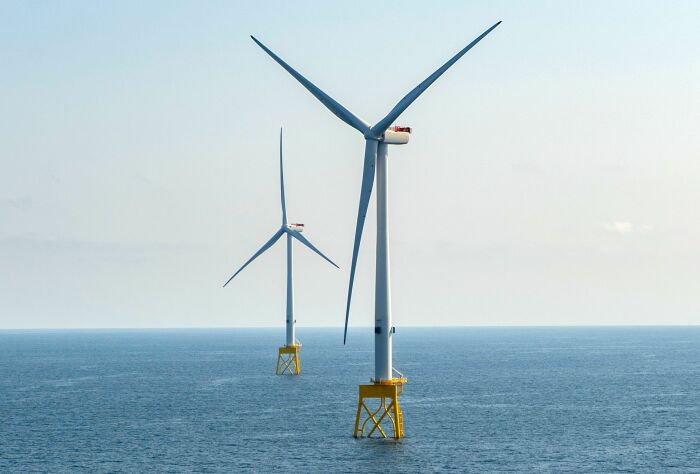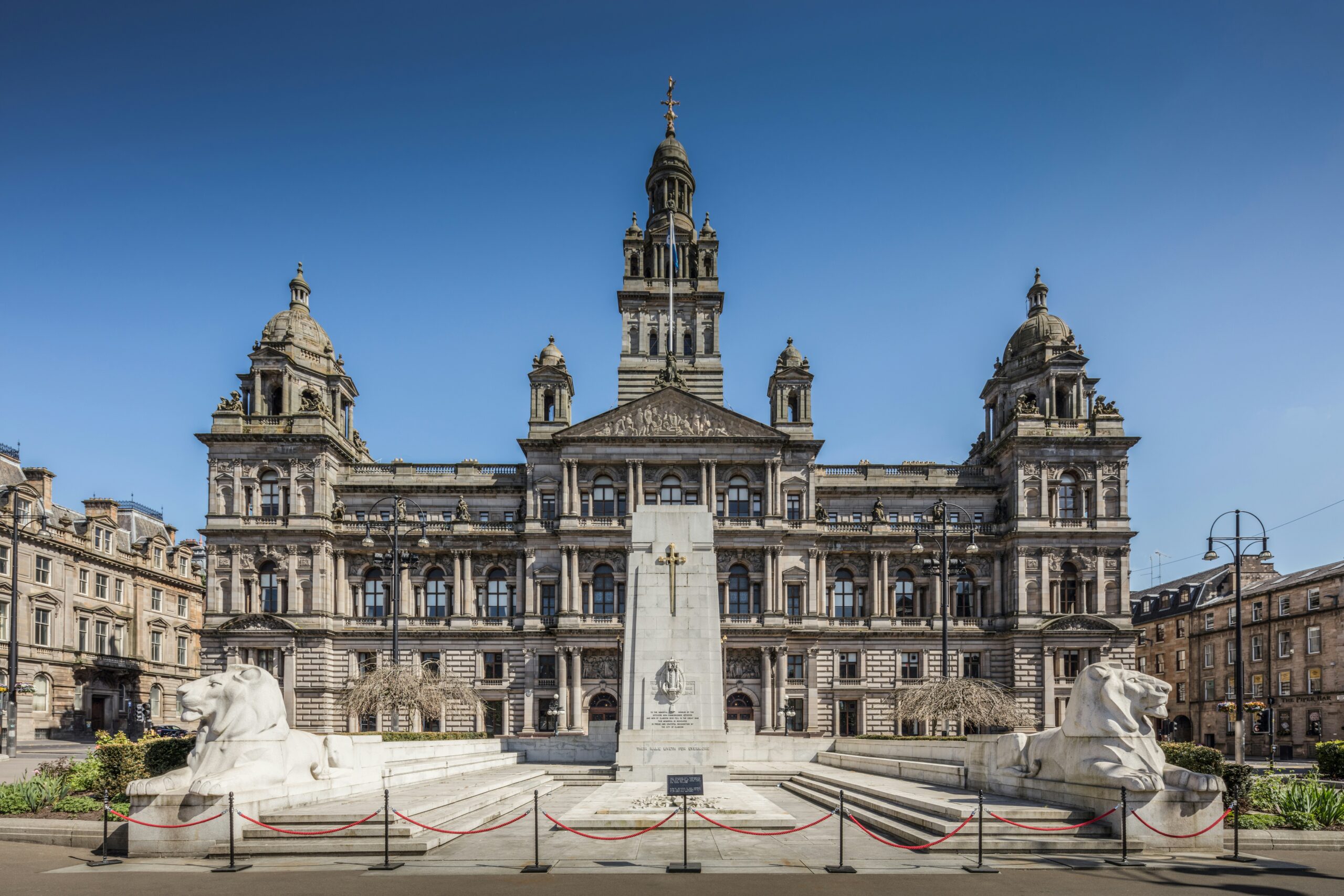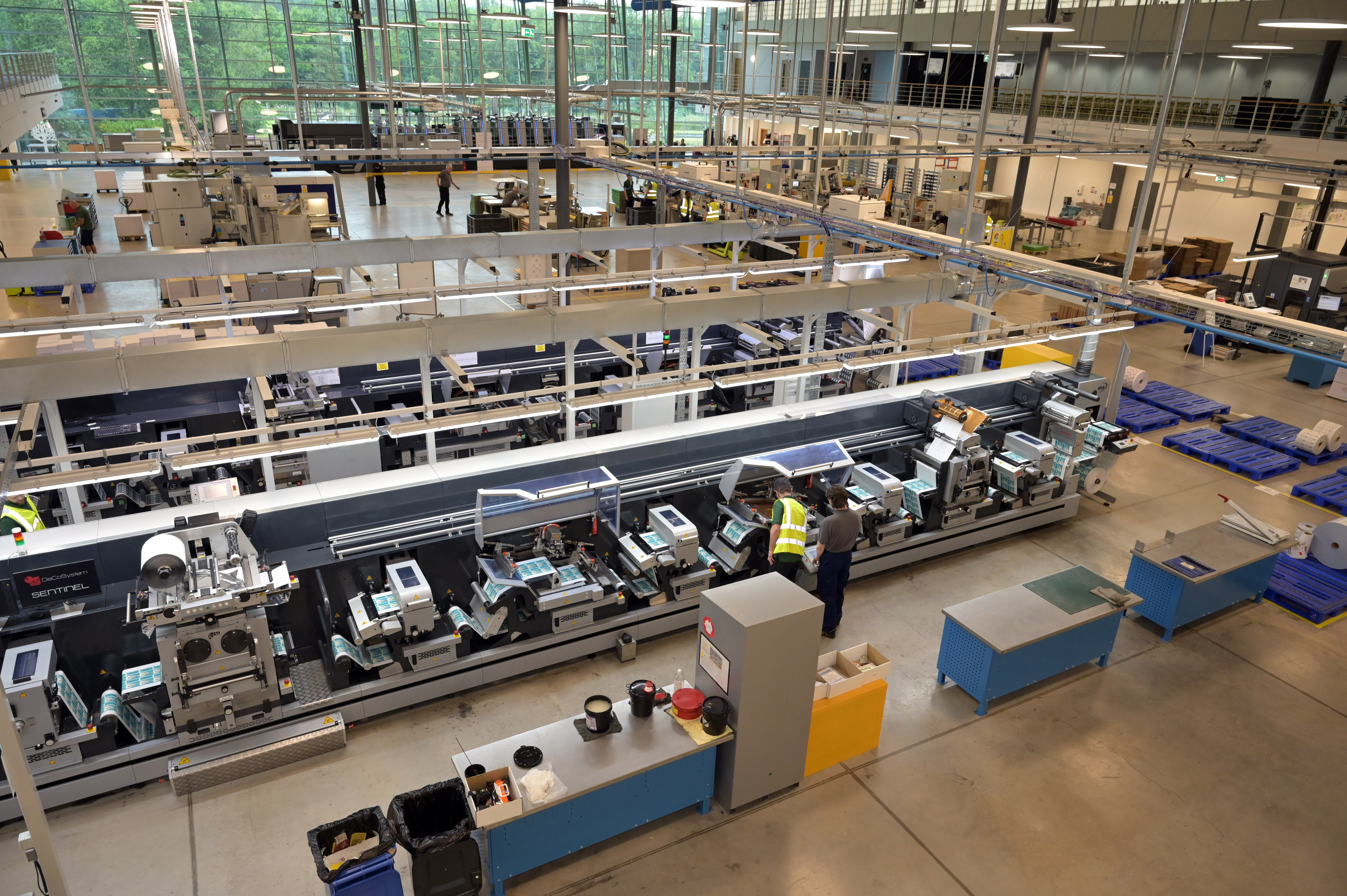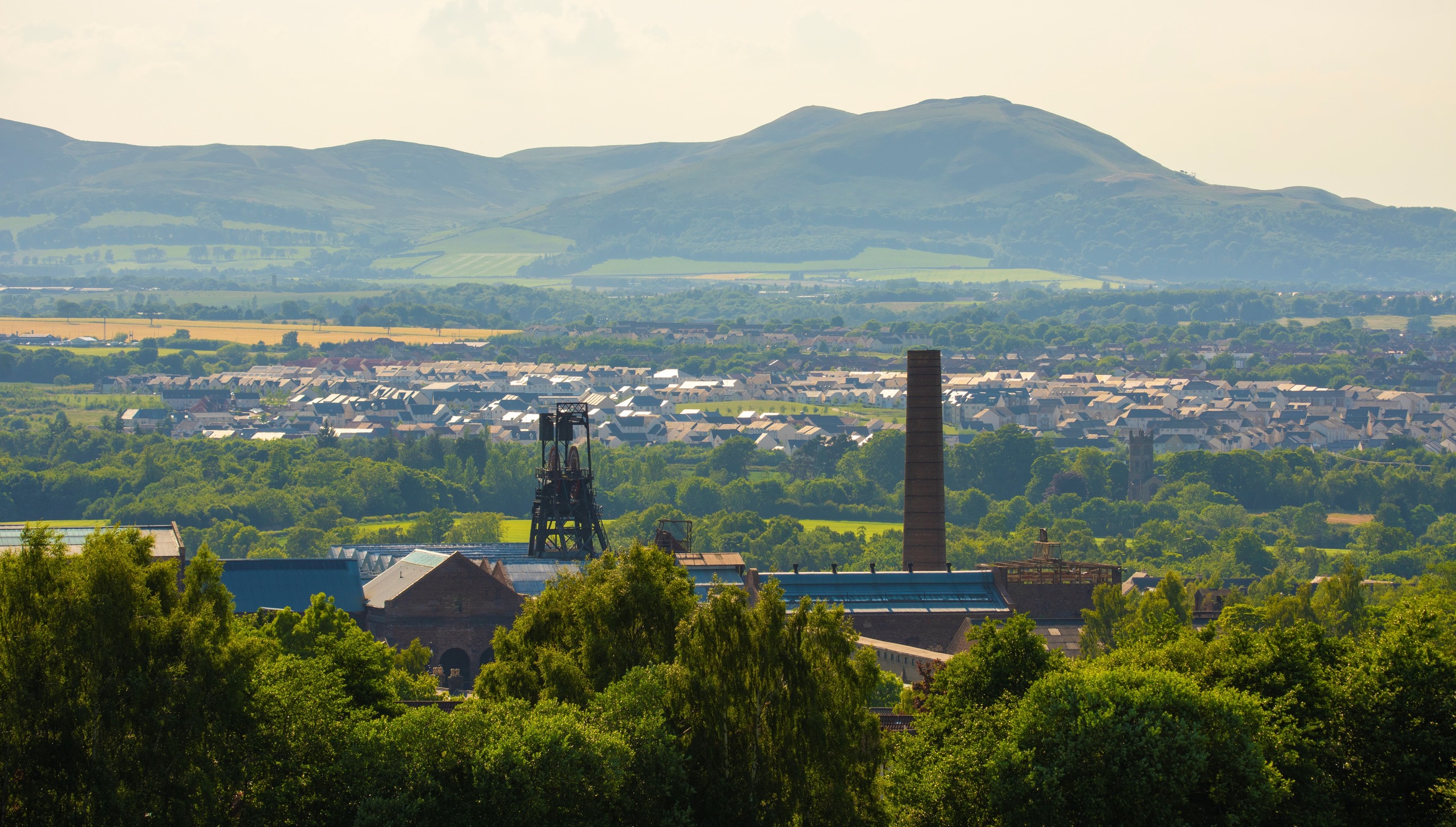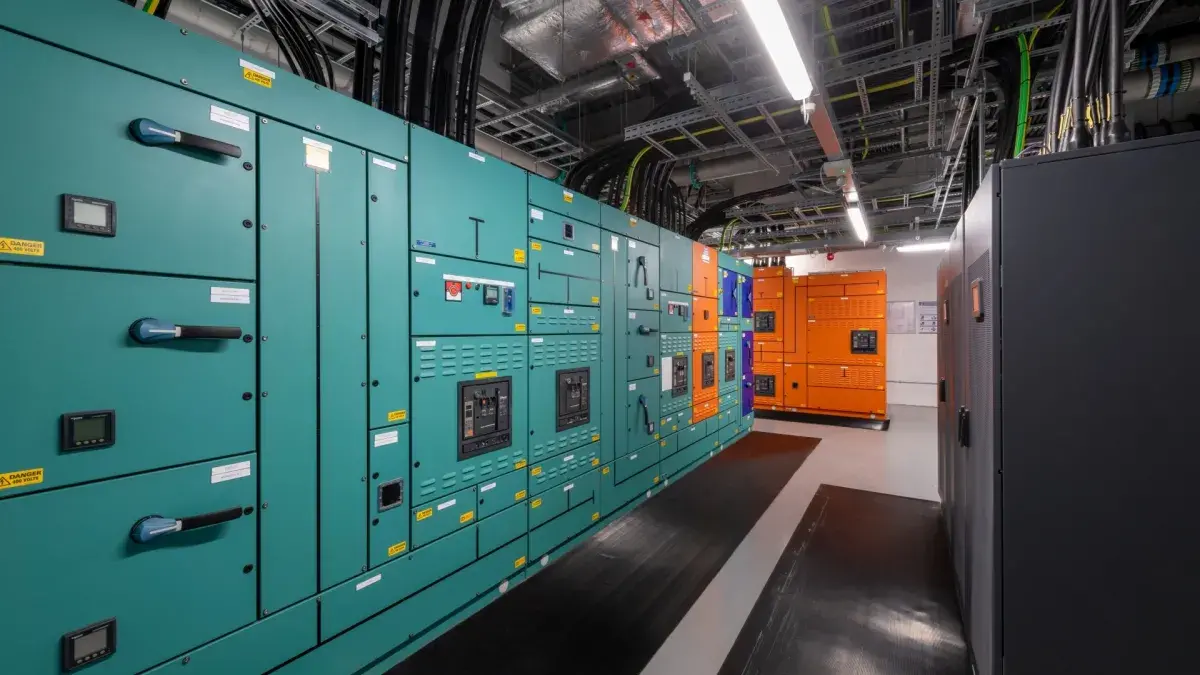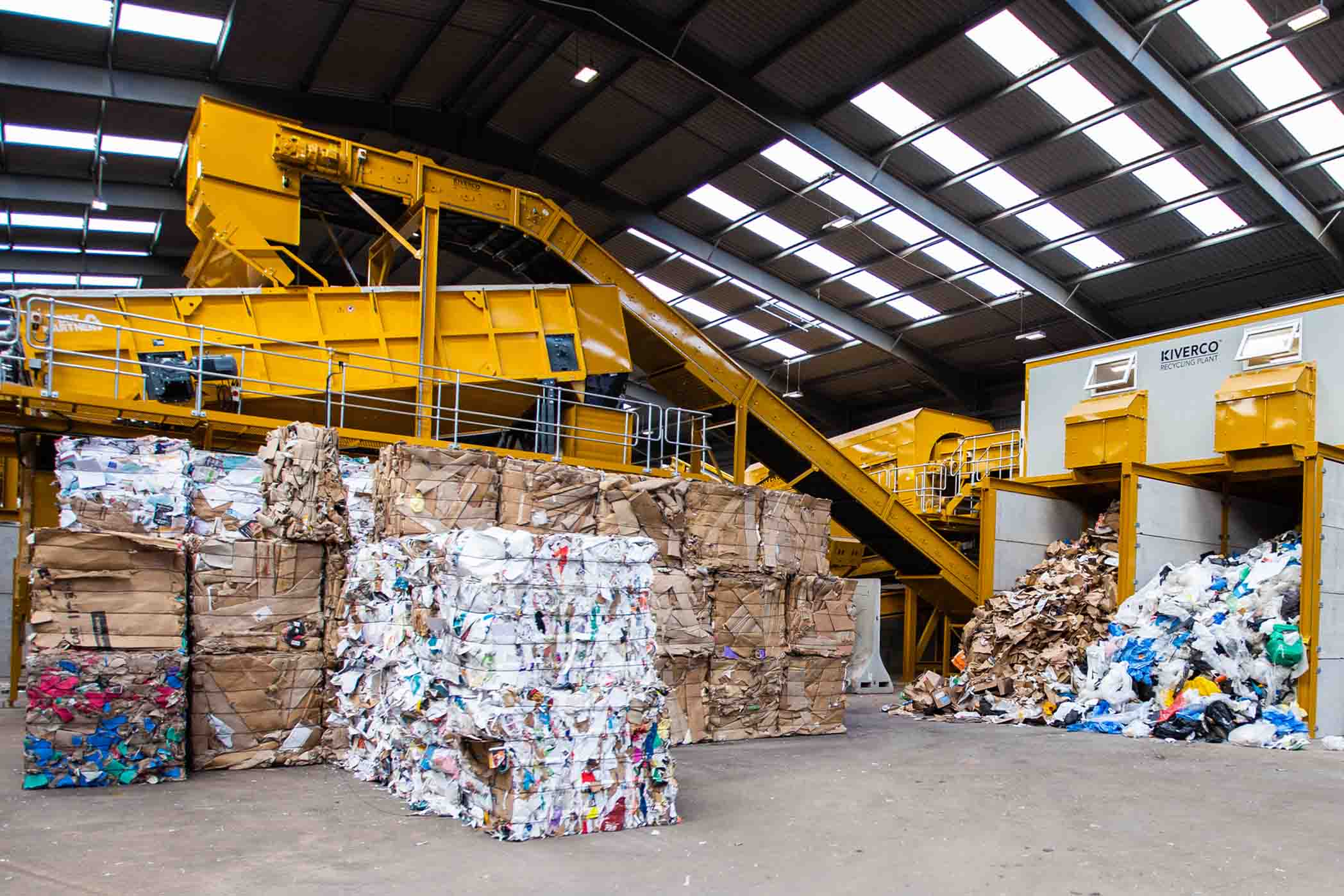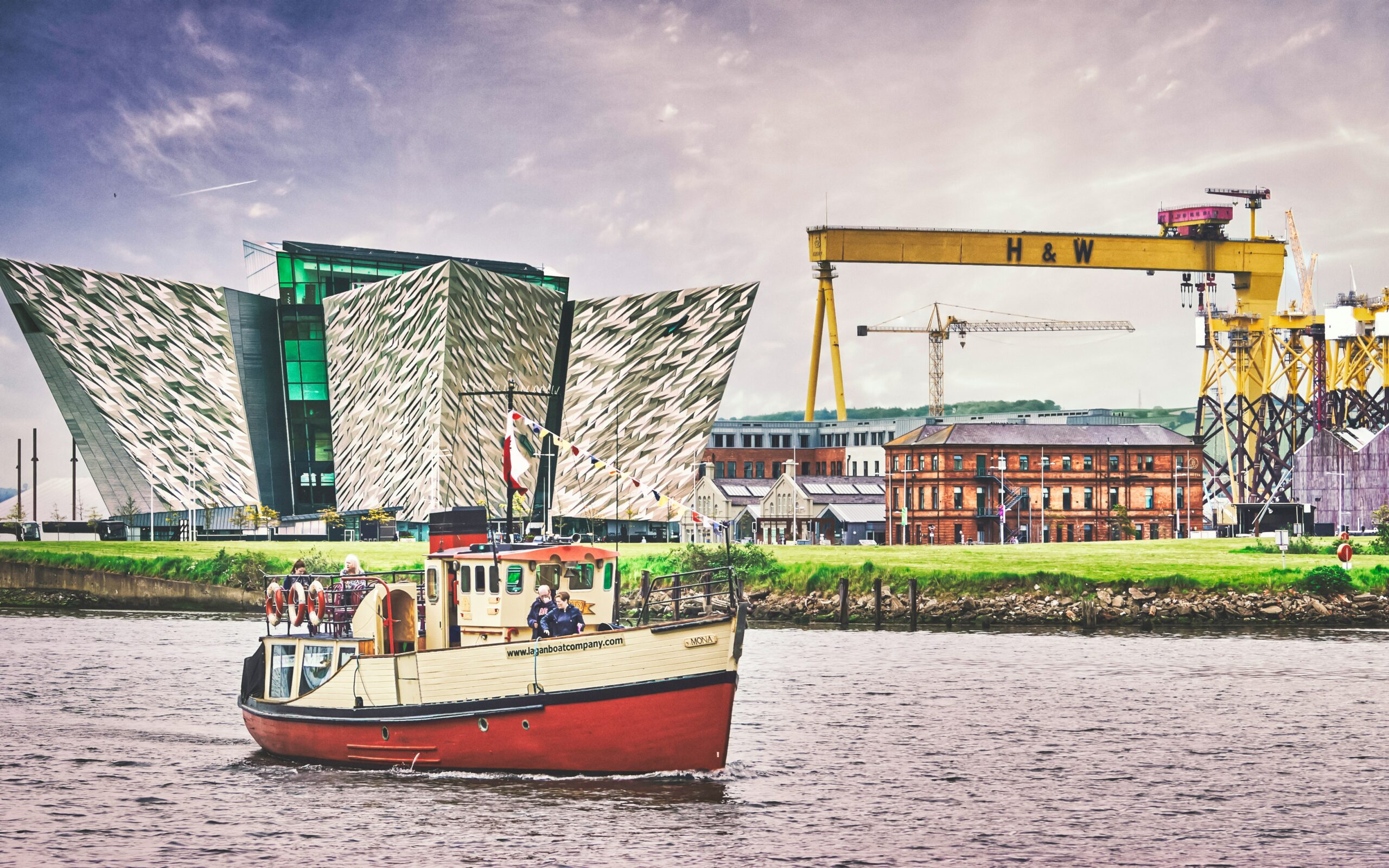
January 23, 2020
Founded in Geneva in 1895, Firmenich is the world’s largest privately-owned company in the perfume and taste business. It has designed many of the world’s best-known perfumes and tastes. The ingredients created by Firmenich are utilized by four billion consumers daily around the world. Firmenich invests 10% of its USD 3.7 billion turnover in R&D.
A world-renown aroma and perfume cluster has developed around Geneva. What is the future of this hidden industry?
The Silicon Valley of fragrances is in the Geneva region, with the global leaders of perfumes and taste ingredients, Givaudan and Firmenich, based here. Geneva’s competitiveness as a business location has played no small part in supporting our company’s growth ambitions. Our business is B2B so you will not see the Firmenich brand, but through our ingredients, we are within products and brands that four billion consumers use every single day around the world. From coffee, milk and morning cereals to evening perfumes, our scents and tastes are constantly present in people’s lives. Our industry consumes massive resources, we must consider that it takes 3.5 tonnes of rose petals to produce one kilo of rose essential oil.
How is Firmenich tackling global challenges and boosting its sustainability?
We are making great inroads on our vision to be carbon neutral and have been able to decouple our growth from our C02 emissions since 2015. We have increased our business by 20% while decreasing emissions by 30%. Ahead of the UN Climate Action Summit, Firmenich joined the Business Ambition for 1.5°C which forms a coalition of business leaders committed to limiting the rise in global temperatures by no more than 1.5°C, and challenging governments to match these ambitions.
Another method has been through our labor force. Two percent of our labor force has an impairment and internally we refer to them as individuals with different abilities. People who lose their sight strengthen their other senses. Firmenich works within the taste and smell industry so we began recruiting these individuals within our facilities globally and we use them in our labs to help us identify the right flavors and perfumes. Such initiatives of social integration through job opportunities have been recognized for their exemplary leadership in diversity and inclusion and were paramount to Firmenich being awarded with the Ethical Corporation’s Responsible Business Award in 2019.
Firmenich also received the inaugural IMD-Pictet Sustainability in Family Business Award for its outstanding efforts to embed responsible practices throughout its ecosystem. Firmenich’s Chairman and I each went through a grilling 90-minute interview to assess internal procedures and we are humbled by having received such an accolade.
We believe Inclusive capitalism is the best method of improving society. Through our actions, we hope to be a good role model for other companies to imitate.



What are two initiatives you are particularly proud of having pursued?
Our ingredients allow people to become fulfilled, and truly enjoy experiences. A particular milestone has been the ability to maintain taste in food while decreasing sugar content. So far this year we have been able to remove 870 billion calories, and are on our way to making that 1 trillion before the end of the year. This equates to a reduction of 230 metric tons of sugar used within the food industry.
Another was when Bill Gates visited our facilities in 2017, and he left excited and impressed to see the work we have done in developing countries with regards to our efforts to combat smells in public latrines. Our innovative solutions increase the well-being of people in every corner of the globe and cut across every demographic category.
What is your outlook for Firmenich’s footprint in North America?
North America is the world’s largest market for fragrance and flavors and will remain Firmenich’s number one market globally for the foreseeable future. We have a long term commitment to the USA. Since 1936 when we opened our first office, we have grown the number of our colleagues working in the USA to over 2000. We have 18 facilities including a global headquarters in Princeton, New Jersey and two research centers San Diego, California, and New Jersey. We have made five acquisitions in the USA over the past several years and will continue growing our business organically and inorganically.





